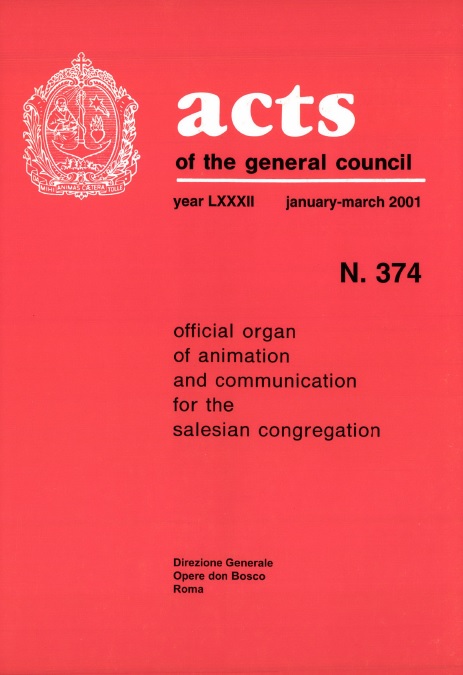Del giovane Beato riminese Alberto Marvelli si sono sempre sottolineati l’impegno nel sociale, la carità verso i poveri, la vita di preghiera, mentre è rimasto un po’ in ombra l’impegno educativo. Eppure, questo ha assorbito una parte non trascurabile del suo tempo e delle sue energie. Gli scritti di Alberto sull’educazione sono, in realtà, di grande interesse, perché non solo ci aiutano ad approfondire la conoscenza della sua personalità e della sua spiritualità, ma servono anche a farci comprendere come un’intera generazione abbia potuto “resistere” moralmente agli atteggiamenti, ai comportamenti, agli stili di vita presentati dalla propaganda del Regime e sia stata in grado al termine della Seconda Guerra Mondiale di impegnarsi
nella costruzione di un tessuto morale e sociale democratico. Continue reading “Gabriele Gozzi – Abitare con speranza il nostro tempo. L’itinerario educativo di Alberto Marvelli” →










